In New Zealand, the allure of prestigious private schools captivates many parents, driven by the promise of superior education, smaller class sizes, and abundant extracurricular opportunities. Yet, navigating the competitive landscape of these institutions can be daunting. This article delves into the strategies that can help your child thrive in this environment, offering insights tailored to a corporate lawyer's perspective.
Understanding New Zealand's Private School System
Private schools in New Zealand, often referred to as independent schools, offer a distinct approach compared to public institutions. They are funded through tuition fees and private donations, allowing them greater flexibility in curriculum design and resource allocation. According to the Ministry of Education, approximately 4% of New Zealand's school population attends private schools, a figure reflective of parents' willingness to invest in a premium education.
One of the critical features of private schools is their ability to maintain smaller class sizes, which can significantly enhance personalized learning experiences. This is particularly beneficial in fostering a conducive environment for critical thinking and debate—skills imperative for any aspiring lawyer.
How to Help Your Child Succeed
Encourage Critical Thinking and Debate
For corporate lawyers, the ability to think critically and engage in debates is essential. Encouraging your child to participate in activities such as debating clubs or Model United Nations can hone these skills. New Zealand's private schools often offer a wide array of extracurricular activities that support such development.
Focus on Holistic Development
While academics are crucial, private schools in New Zealand emphasize holistic development. Encourage your child to engage in sports, arts, and community service. These activities not only enrich their school experience but also build a well-rounded individual—a trait highly regarded in the legal profession.
Pros and Cons of Private Schooling in New Zealand
Pros
- Personalized Attention: Smaller class sizes mean teachers can offer more personalized attention, fostering better academic understanding.
- Extracurricular Opportunities: Abundant extracurricular activities help students develop diverse skills.
- Networking: The connections made in private schools can be invaluable for future professional endeavors.
Cons
- High Tuition Fees: The cost of private schooling can be prohibitive for many families.
- Pressure to Perform: The competitive environment can sometimes lead to stress and burnout.
- Social Exclusivity: Private schools may foster an elitist culture that can affect social dynamics.
Real-World Case Study: King's College, Auckland
Problem: King's College, one of Auckland's elite private schools, faced a challenge in maintaining high academic performance while ensuring student well-being.
Action: The school implemented a comprehensive pastoral care program, integrating mental health support with academic counseling.
Result: Within two years, the school reported a 15% increase in student satisfaction and a 10% rise in academic performance, as noted in their annual report.
Takeaway: This case highlights the importance of balancing academic rigor with student well-being. Parents can advocate for such support systems within their child's school.
Common Myths About Private Schools
- Myth: "Private schools guarantee academic success." Reality: While they provide excellent resources, a child's success depends on personal motivation and support.
- Myth: "Only wealthy families can afford private schools." Reality: Many schools offer scholarships and financial aid to deserving students.
- Myth: "Private schools are socially exclusive." Reality: Many schools are working towards inclusive policies, reflecting New Zealand's diverse society.
Future Trends in New Zealand's Private Schooling
According to a report by the New Zealand Ministry of Education, the future of private schooling includes a greater emphasis on digital literacy and global competencies. With the increasing role of technology in education, schools are investing in state-of-the-art facilities to prepare students for a digital future.
Moreover, the integration of cultural education is expected to rise, reflecting New Zealand's commitment to biculturalism. This will not only enrich students' understanding of the world but also prepare them for the global stage.
Final Takeaways
- Encourage critical thinking and debate to develop essential skills.
- Focus on holistic development through extracurricular activities.
- Advocate for balanced academic and well-being support systems.
- Stay informed about future trends in education to prepare your child for success.
Are you considering a private school education for your child? Explore the options available and discuss with educators to find the best fit for your child's needs. Share your thoughts and experiences in the comments below!
People Also Ask (FAQ)
- How does private schooling impact a child's future career? Private schooling can provide networking opportunities and a strong academic foundation, which are beneficial for future careers.
- What are the biggest misconceptions about private schools? A common myth is that private schools guarantee success, but individual motivation and support play critical roles.
- How can parents support their child in a private school? Encourage participation in extracurricular activities and maintain open communication with educators to support your child's growth.
Related Search Queries
- New Zealand private schools ranking
- Benefits of private schooling in NZ
- Scholarships for private schools in New Zealand
- Extracurricular activities in NZ private schools
- How to choose a private school in New Zealand








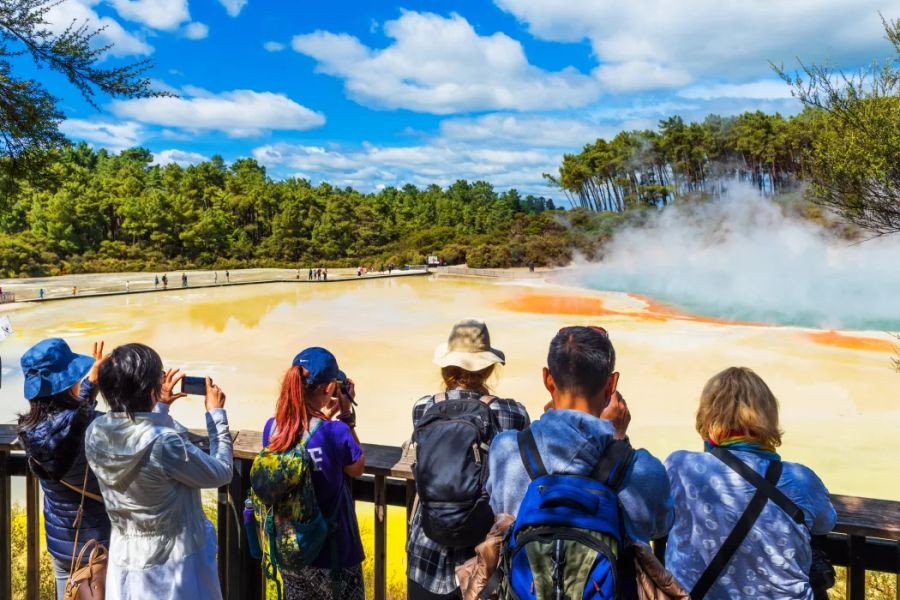
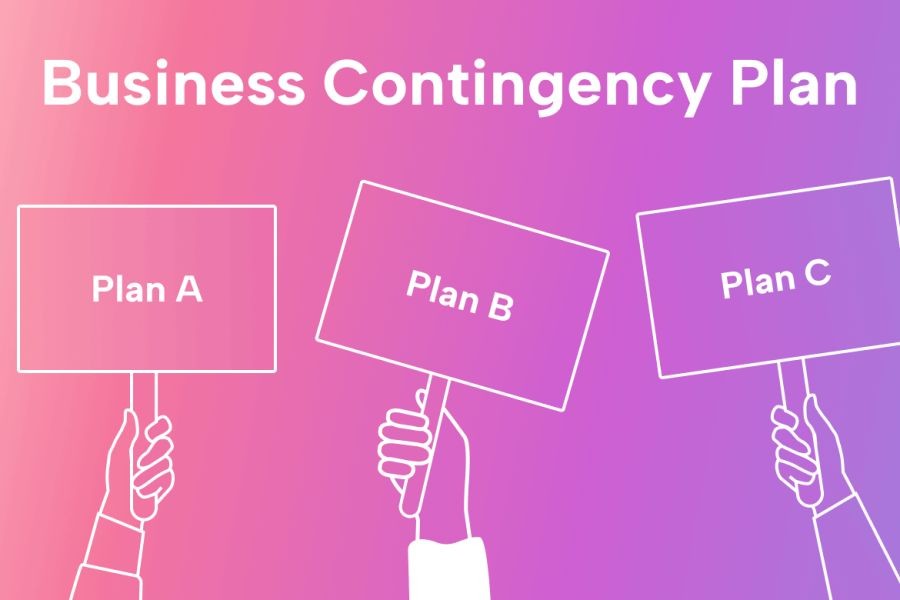








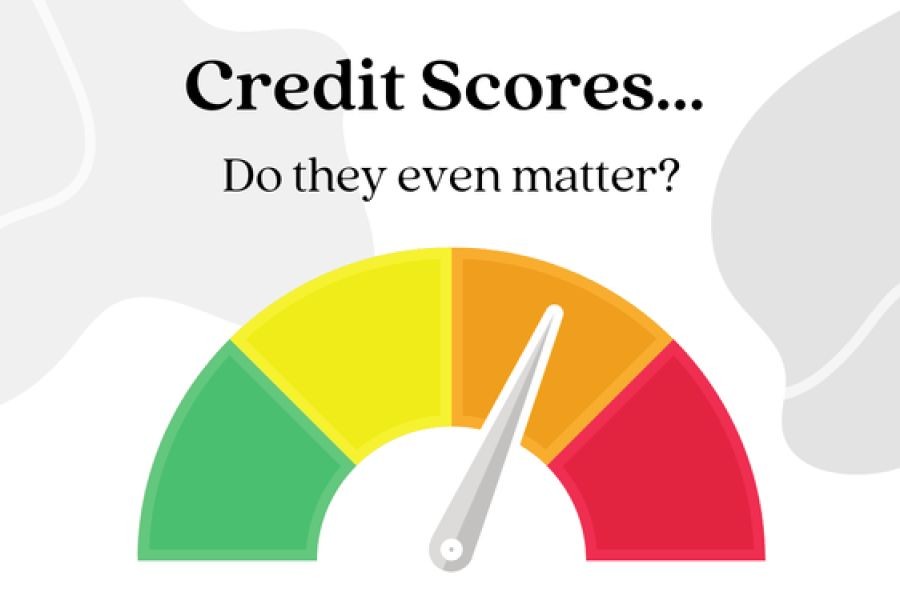
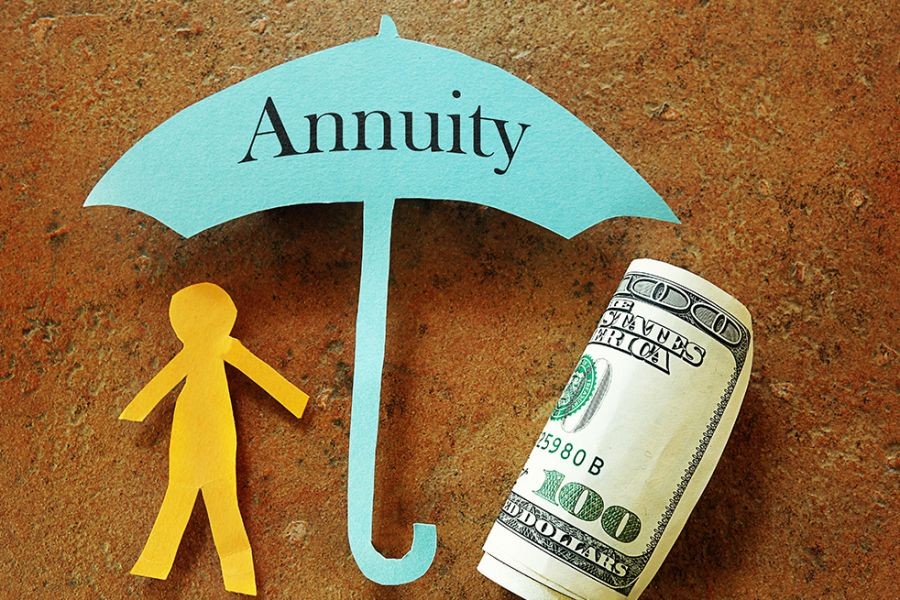
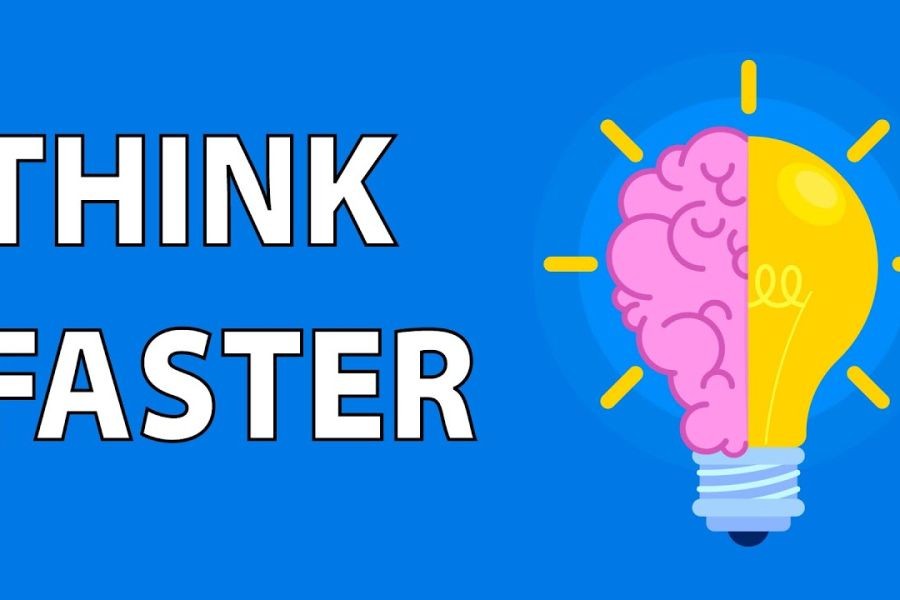










TammyWelli
13 days ago